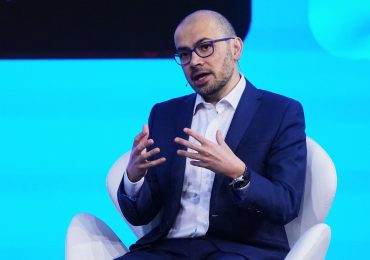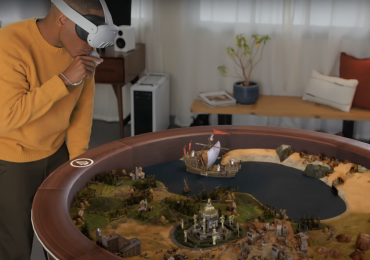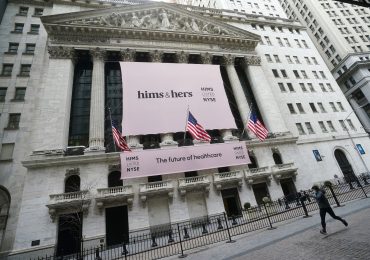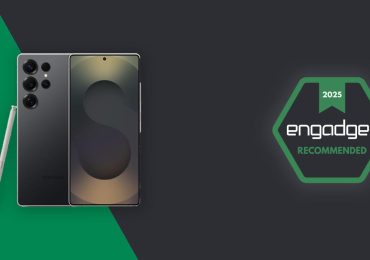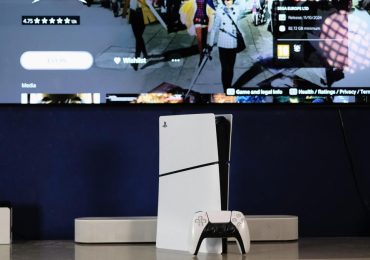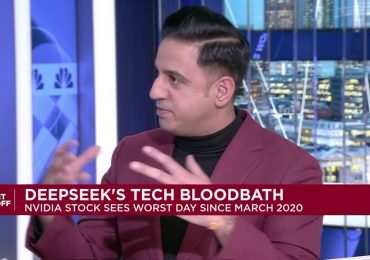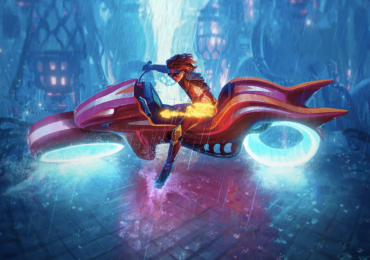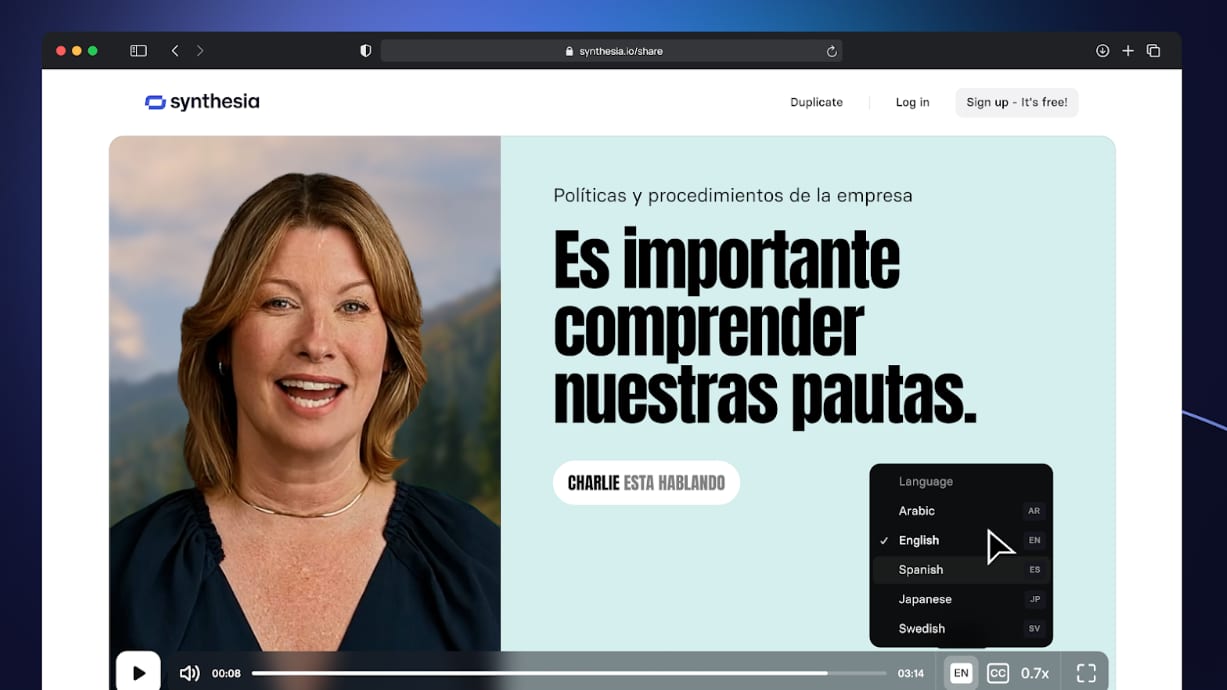
Synthesia is a platform that lets users create AI-generated clips with human avatars that can speak in multiple languages.
Synthesia
LONDON — Synthesia, a video platform that uses artificial intelligence to generate clips featuring multilingual human avatars, has raised $180 million in an investment round valuing the startup at $2.1 billion.
That’s more than than double the $1 billion Synthesia was worth in its last financing in 2023.
The London-based startup said Wednesday that the funding round was led by venture firm NEA with participation from Atlassian Ventures, World Innovation Lab and PSP Growth.
NEA counts Uber and TikTok parent company ByteDance among its portfolio companies. Synthesia is also backed by chip giant Nvidia.
Victor Riparbelli, CEO of Synthesia, told CNBC that investors appraised the businesses differently from other companies in the space due to its focus on “utility.”
“Of course, the hype cycle is beneficial to us,” Riparbelli said in an interview. “For us, what’s important is building an actually good business.”
Synthesia isn’t “dependent” on venture capital — as opposed to companies like OpenAI, Anthropic and Mistral, Riparbelli added.
These startups have raised billions of dollars at eye-watering valuations while burning through sizable amounts of money to train and develop their foundational AI models.
Synthesia’s not the only startup shaking up the world of video production with AI. Other startups offer solutions for producing and editing video content with AI, like Veed.io and Runway.
Meanwhile, the likes of OpenAI and Adobe have also developed generative AI tools for video creation.
Eric Liaw, a London-based partner at VC firm IVP, told CNBC that companies at the application layer of AI haven’t garnered as much investor hype as firms in the infrastructure layer.
“The amount of money that the application layer companies need to raise isn’t as large — and therefore the valuations aren’t necessarily as eye popping” as companies like Nvidia,” Liaw told CNBC last month.
Riparbelli said that money raised from the latest financing round would be used to invest in “more of the same,” furthering product development and investing more into security and compliance.
Last year, Synthesia made a series of updates to its platform, including the ability to produce AI avatars using a laptop webcam or phone, full-body avatars with arms and hands and a screen recording tool that has an AI avatar guide users through what they’re viewing.
On the AI safety front, in October Synthesia conducted a public red team test for risks around online harms, which demonstrated how the firm’s compliance controls counter attempts to create non-consensual deepfakes of people or use its avatars to encourage suicide, adult content or gambling.
The National Institute of Standards and Technology test was led by Rumman Chowdhury, a renowned data scientist who was formerly head of AI ethics at Twitter — before it became known as X under Elon Musk.
Riparbelli said that Synthesia is seeing increased interest from large enterprise customers, particularly in the U.S., thanks to its focus on security and compliance.
More than half of Synthesia’s annual revenue now comes from customers in the U.S., while Europe accounts for almost half.
Synthesia has also been ramping up hiring. The company recently tapped former Amazon executive Peter Hill as its chief technology officer. The company now employs over 400 people globally.
Synthesia’s announcement follows the unveiling of Prime Minister Keir Starmer’s 50-point plan to make the U.K. a global leader in AI.
U.K. Technology Minister Peter Kyle said the investment “showcases the confidence investors have in British tech” and “highlights the global leadership of U.K.-based companies in pioneering generative AI innovations.”


